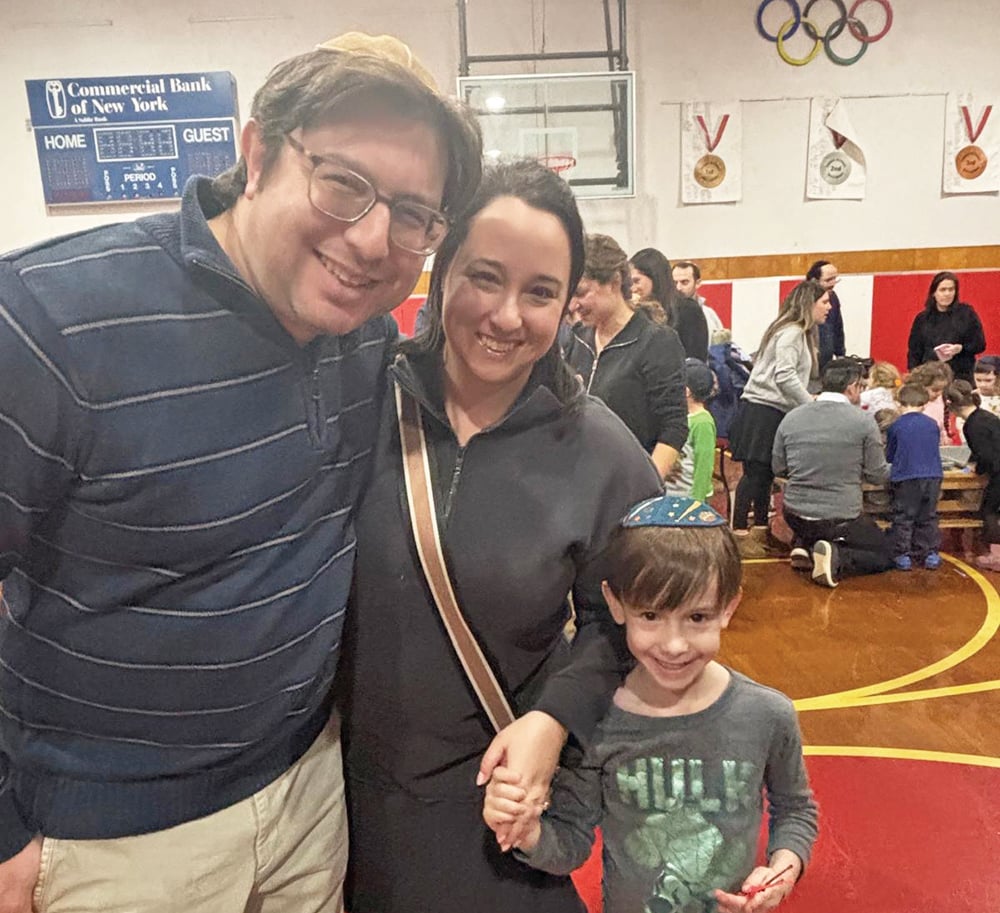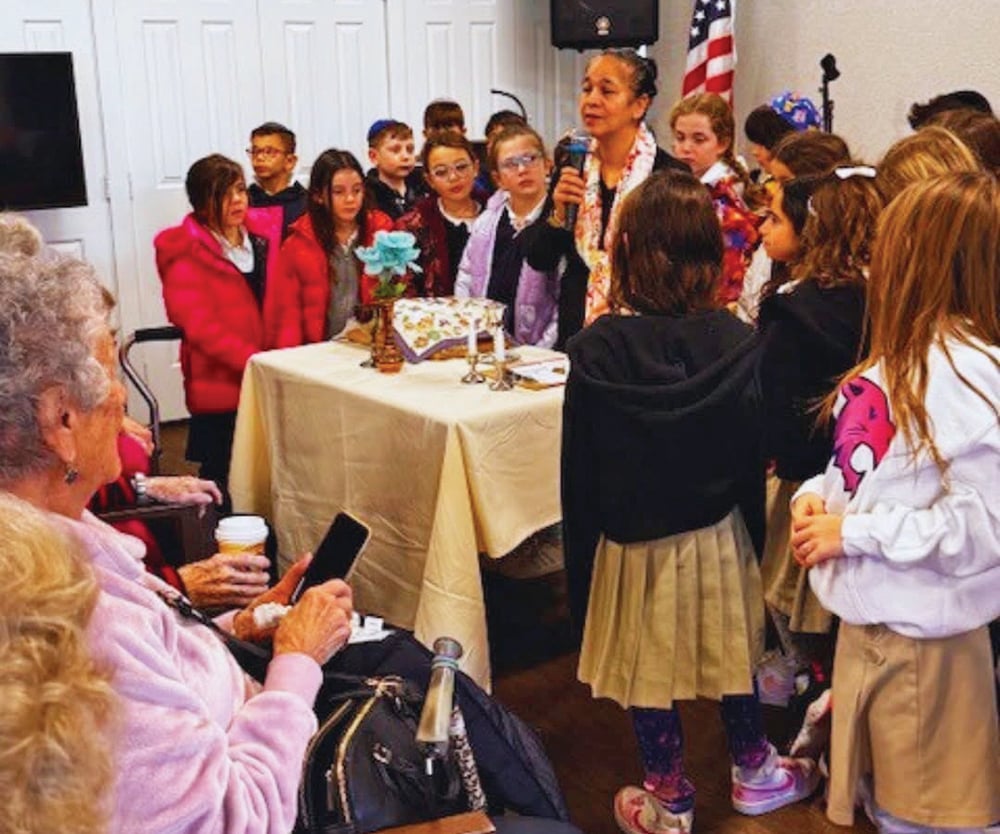Pesach is the holiday on which we celebrate our freedom from slavery and our having become a nation. Only a free person can invite others to partake in a meal, and perhaps for that reason a major part of the pre-Pesach activity and holiday planning revolves around the preparation and serving of food. Many of us have happy food memories from our own childhood that are associated with Pesach. When I was a child, we always had Bartons almond kisses in the house on Pesach. You know—the ones that come in a tin with pictures of men and women all dressed up. We always had the chocolate lollipops on a stick (only five or six in a fancy-looking package), marshmallows, and, of course, what would Pesach be like without after-seder mints and candy fruit slices? My mother always made matzah farfel kugel with cottage cheese, sour cream and applesauce for the “light” dairy meals. We looked forward to eating these things all year, even though we would never eat most of them again the moment Pesach was over. I, too, have created my own Pesach food memories for my children, and they have nothing to do with broccoli or cauliflower. If I deviate even slightly from my standard, traditional menu, my grown-up children would feel extremely disappointed—it just would not be Pesach.
I am sure that every one of you have similar food memories of your own, and that you have created new ones for your children and perhaps their children. I imagine that those memories do not include plain Greek yogurt.
Another Pesach phenomenon is that the idea of a good night’s sleep and the seder are in direct conflict. It is not possible to have both. Believe it or not, my family seder as a child was usually over at 11. Embarrassed to admit that, my brother and I would agree on a made-up time to tell our friends as to when our seder ended—usually about 1-2 hours after is actually was over. My own children, however, do not have this problem. Our seder usually ends somewhere close to 2 a.m. After we clear the table, I am usually washing dishes until close to 3, while my husband recites Shir HaShirim. This could be romantic, but due to the late hour and soapy dishes, it is not.
Pesach is a wonderful experience, but in addition to wreaking havoc on our bodies physically, it can also do so emotionally, especially in advance of the holiday. What happens at the United Nations is nothing compared to the negotiations that go on about where everyone is going to be for the seder, whether you are hosting or a guest. Young adults negotiate with their spouses about whose parents they will be going to for the seder and whose for the last days of Yom Tov. Who was where last year and which spouse made the compromise last time to attend his or her spouse’s parents’ seder usually plays a role in the decision making. If one set of in-laws is willing to take the children to a hotel or an exciting destination, that somehow trumps the seder rotation. The seder hosts, usually middle-aged parents, need to make deals and concessions based on the needs of their children, the in-laws and the grandchildren. Every year, parents try to answer the age-old question, “Is it better to have your entire family for the sedarim and then be alone for the last days, or to have some family the first days and some the last days?” While the above scenarios may seem both familiar and comical, they can lead to a great deal of emotional conflict and stress.
Poor food choices, lack of sleep and emotional stress. What is the health conscious person supposed to do? Pesach comes once a year and we should enjoy it. By the time you read this article, Pesach will be here. If you are the host, enjoy the guests who are with you. If you are a guest, be grateful for all of the work that your host went through to prepare for Yom Tov. Be thankful for the people you are with and think about the people you are missing. Enjoy the food, but try to eat “mindfully”; for instance, try not to waste calories and sugar on soda—drink water instead. If you love chocolate-covered macaroons, have one and savor it; don’t eat 10 of them out of the can while standing up. Sit down, put your favorite food on a plate, and really enjoy it and the memory it conjures up. But before you have that Pesach treat, make sure to eat real food —food which properly nourishes your body.
On the long Yom Tov afternoons, go out for a walk. On Chol HaMoed, try to increase the amount of protein, fruits, and veggies you eat; save the “special” foods for Yom Tov. Plan a family outing that is outdoors and includes some physical movement. Try to get to bed at your usual time.
Pesach lasts for one week. Relish the time off from work spent with family and friends. But once Yom Tov is over, get back on track. Get rid of all the unhealthy Pesach foods in the house. That will be healthier for you immediately and you will then have something to look forward to next year!
Beth Taubes is the director of Wellness Motivations. She can be reached at [email protected].
By Beth S. Taubes













